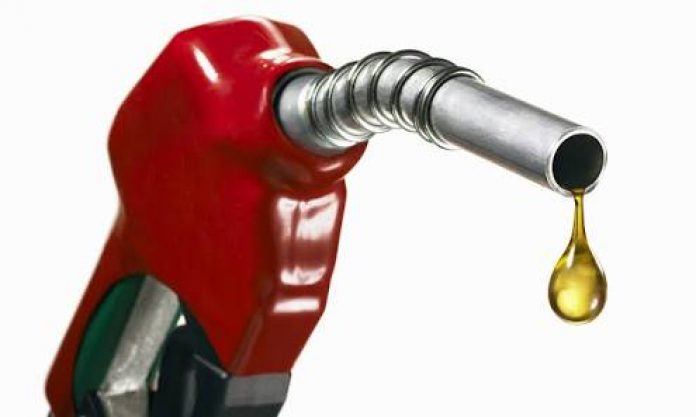Zambia currently grapples with a backlog of foreign currency orders manifesting in dollar scarcity as a consequence of acute supply and demand mismatches. The copper producers currency, the Kwacha was on a losing streak in 2020 shaving 43% of value. Currently trading north of 21.3 for a unit of dollar, in the midst of a falling reserve buffer to decade lows of $1.35billion representing below 2.5month of import cover, the red metal hotspot faces rising dollar demand in excess of green back supply accelerating the pace of depreciation. The backlog in foreign exchange supply is disrupting stable petroleum supply leading to blips of fuel shortages in the Southern African nation.
Zambia agriculture and energy (petroleum) sectors have been the key drivers of dollar demand given the need for foreign currency for fertilizer inputs for the farmer inout support program (FISP) and importation of petroleum. Being a net importer, dollar demand is also being fueled by other sectors that required importation of inputs to help claw back eroded growth given the adverse impacts of disease pandemic. Commercial banks continue to struggle with satisfying of foreign currency orders that have widened significantly in respective pipelines worth millions of dollars.
Fuel supply continues to bear the brunt of foreign exchange supply bottlenecks which has adversely impacted oil marketing companies (OMCs). Some fuel stations in Lusaka on January 17, had no feed stock causing panic among motorists in the capital.
Among foreign currency shortages, the copper producer faces cost push and import inflation pressures with December 2020 headline consumer price index (CPI) print rallying to 19.2% amidst a debt restructure process. Zambia was the first African nation to default in COVID era after skipping a coupon payment of $42.5million on its dollar bond maturing in 2024 and has $120million of other coupons on its 2022 and 2027 Eurobonds maturing between January and April this year.
Other upside risks include rising crude prices on the international market which could signal a potential fuel price hike by its energy regulation board (ERB).
The Kwacha Arbitrageur

